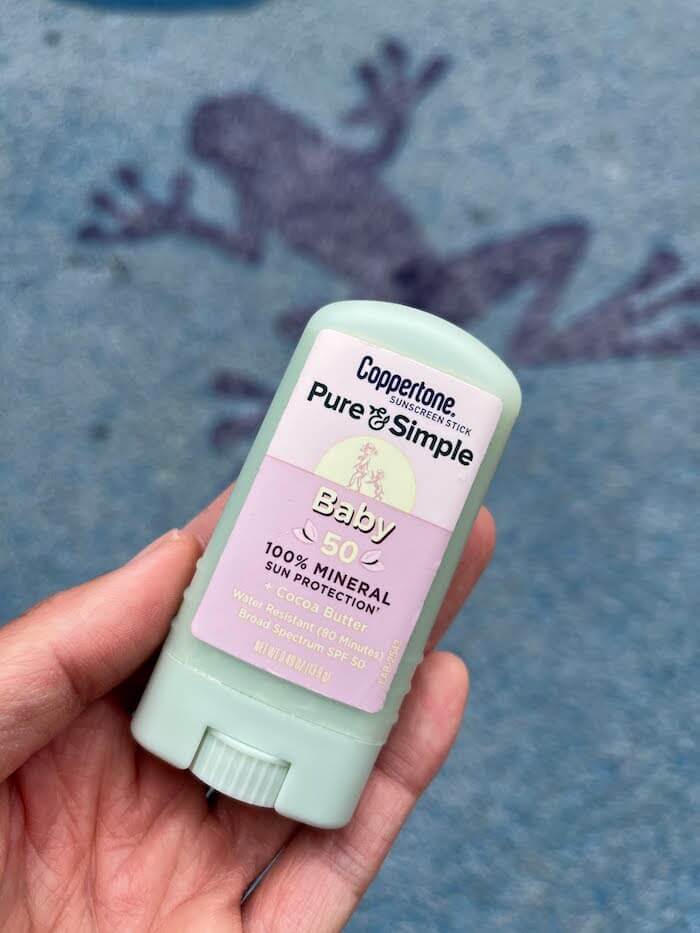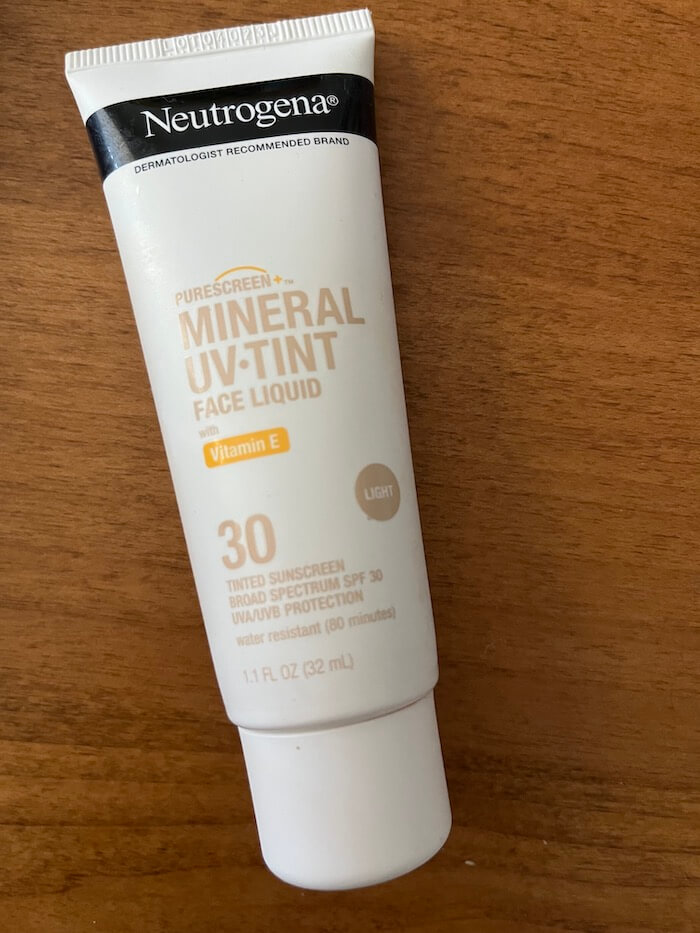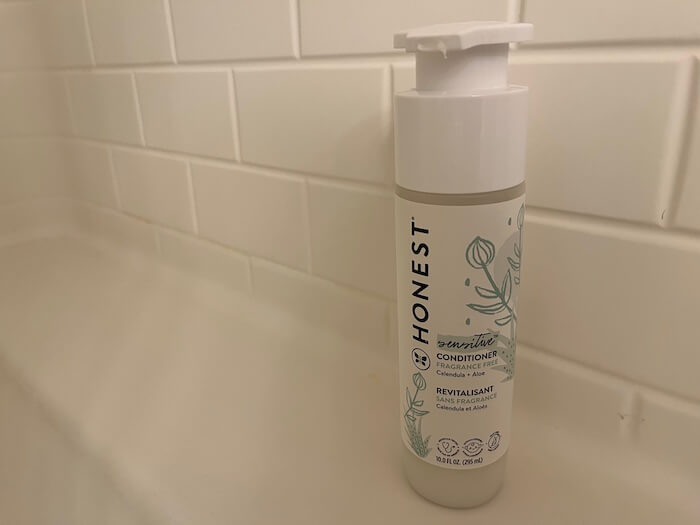Q&A with an Allergist: How to choose products that won't irritate your skin
Get the lowdown on the best moisturizing cream for eczema patients, advice for avoiding common allergy triggers, and more.
Recently I had the opportunity to conduct a Q&A with Dr. Ratika Gupta, an allergist and mom based out of New York. As someone who has eczema, I’m always on the lookout for tips on finding skin care products that won’t aggravate my skin. I really appreciated getting advice from a professional who specializes in this for a living. Read on to learn about her favorite product for soothing eczema, common allergy triggers in beauty products, and her thoughts on organic skin care.
1. Do you have any specific skin care product recommendations for eczema patients? Why do you recommend them?
I love CeraVe baby cream because though its formulated for babies, its actually great for adults too. There are minimal ingredients but still very moisturizing. Make sure you buy a cream in a tub versus in a pump. Those with pumps have more water in it which makes it less moisturizing. I also recommend Vaseline over Aquaphor because patients can have an allergy to lanolin which is found in Aquaphor. Imagine thinking you are treating your rash but you are actually making it worse! Getting a patch test with your allergist is incredibly helpful because it can help identify potential allergy triggers like lanolin.
2. What are some red flags to look for in skin care products (ingredients that are more likely to irritate sensitive skin)?
- Fragrances! These irritate the skin and completely defy the purpose of putting on lotion. If a product says unscented vs fragrance free, choose the fragrance free product. Unscented can mean there is an ingredient to mask the fragrance.
- Though honey is thought to be therapeutic, if not collected the right way, one of its components called propolis can actually cause an allergic reaction. I don’t usually recommend products with honey in it.
- Essential oils are not great for those with sensitive skin. Tea tree oil is a popular new ingredient in skin care lines, but new research shows several people are allergic to it.
3. In general, do you prefer organic skin care products over conventional products, or does it not really make a difference? Are there other, better types of ingredients that are more important to look for?
Organic skin care does not actually hold much weight. Organic means the ingredients were sourced “organically” but it does not mean that the products are better for you. Actually several organic ingredients have been found to cause skin irritation.
4. Ooh, can you tell us more about what kinds of ingredients tend to cause irritation?
Great question. So ingredients like tea tree oil are an increasing cause of contact dermatitis, which is an itchy rash that looks like a sunburn. Other culprits include lanolin, citrus-type ingredients, are all causes as well. The “organic” label in the skin care world does not carry as much weight as it does with foods. Whether plants are organic or not, they are still capable of causing allergic reactions.
5. In addition to seeing an allergist, are there any good resources that provide information about potential allergens in skin care products?
- https://www.fda.gov/Cosmetics/
- https://acaai.org/allergies/types/skin-allergies
- https://www.mayoclinic.org/diseases-conditions/contact-dermatitis/symptoms-causes/syc-20352742
Making smarter decisions about skin care
Thanks, Dr. Gupta! I learned a lot of great tidbits that will help me make smarter decisions about the products I use in the future. Her comments on lanolin really hit home—my skin reacted horribly to a product called Bag Balm, which only contains four ingredients…but one of them is lanolin. I will also make sure to opt for “fragrance-free” over “unscented” products now that I know the difference. And last but not least, here’s one quote that particularly resonated with me:
So true! Of course, even the best advice can only get you so far…in the real world, everyone’s skin reacts differently, and you never know what might trigger a reaction. If you suspect that you’re allergic to something in your skin care products, consulting your friendly neighborhood allergist can help you decisively pinpoint the ingredients you need to avoid, instead of relying on guesswork.
Follow Dr. Gupta on Instagram at @drratikagu or check out her blog, Cheers with Coffee.
unsplash-logoKate Krivanec




Share this post
RSS
Facebook
Reddit
Email